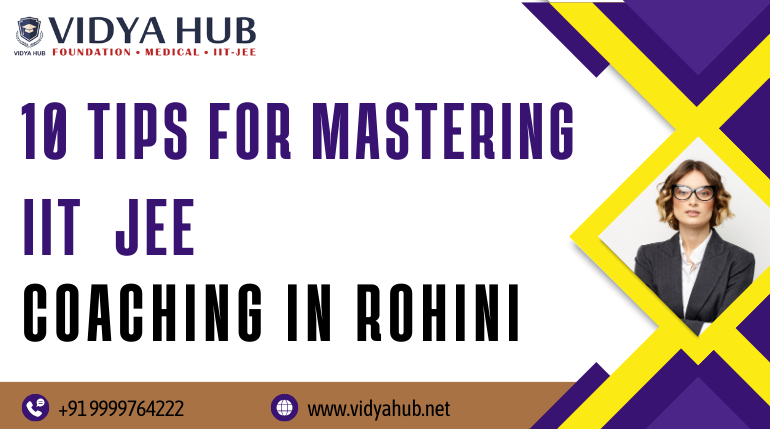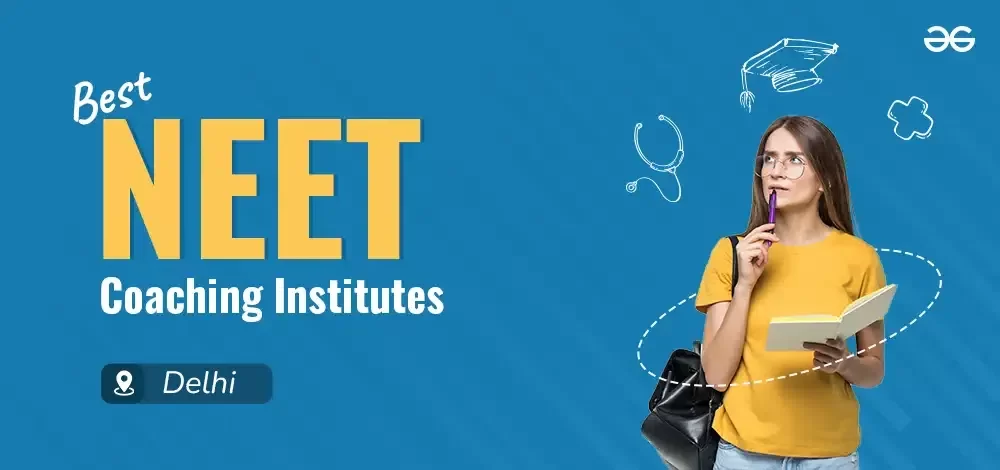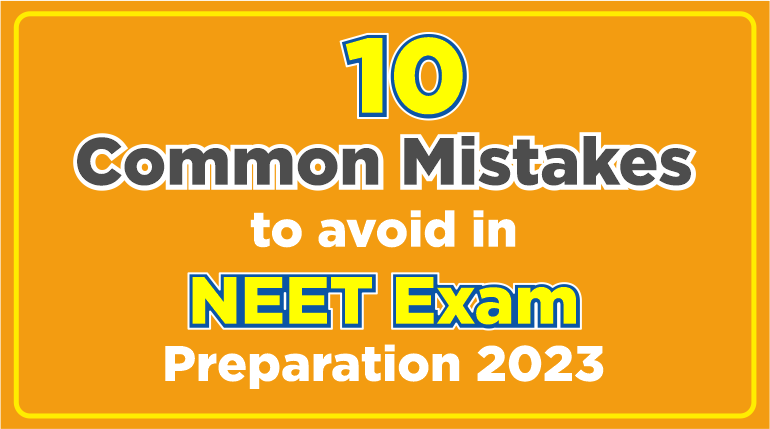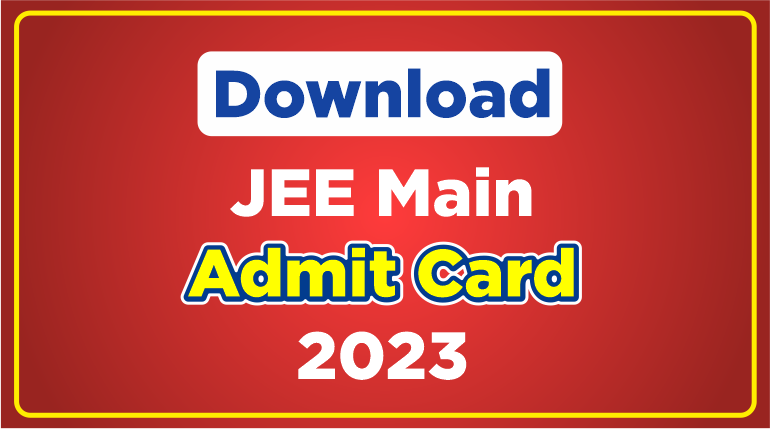Rather than the traditional content-heavy and rote-learning style, the NEP promotes a more holistic approach to Self Evaluation for Students.
In addition to Science and Math, it calls for a creative and varied curriculum that includes humanities, sports and fitness, languages, culture, and arts and crafts. “Life skills” are things like being able to communicate, work with others, work in a team, evaluate yourself, and keep going.
This innovative strategy aims to help students combine academic competency with crucial leadership skills that will help them advance in their careers.
VidyaHub Institute has a team of young, enthusiastic professionals who are able to teach students all the skills they need. Recently, we’ve helped a lot of students with their overall skills, not just JEE and NEET.
An evaluation body called PARAKH (Performance Assessment, Review, and Analysis of Knowledge for Holistic Development) will set the standards for this.
In this article, we will talk about how VidyaHub Institute trains students for Self-Assessment.
What is Self-Assessment?
Self-assessment is the process of students evaluating their own work.
Teachers sometimes utilize self-assessment and peer-assessment in the classroom. Using criteria, for example, they may ask students to evaluate their classmates’ work and then use the same criteria to assess their own work. For students to be able to assess themselves well, they must first learn how to evaluate their schoolmates.
Self-assessment skills are just as good as those used by other testers, but students need to learn them so that their results match those of other testing teams.
Benefits of Self-Assessment for Students:
- Self-Evaluation is a life skill and professional skill. It will help a student to understand their own needs and the needs of others.
- The performance improvement strategies that are inherent to outgoing learning will be enhanced through reflection.
- They will benefit from the development of critical reviewing abilities when it comes to peer evaluation. The ability to deliver constructive feedback, as well as accept and act on such feedback, will be developed.
The benefits of Self-Assessment for Teachers:
- Empowering students to take control of their own learning and assessment.
- In the long run, reducing the teacher’s assessment workload. Although, LMS can also do the same. The main objective is to empower students to be self-dependent.
The challenges that will be faced:
Studies have shown that most students are pretty good at self-evaluating, but putting self-evaluation into place can bring up problems and challenges.
For example:
- Students who don’t do as well in school and have less experience tend to overestimate what they’ve done.
- As with peer assessment, students need time and a lot of help to learn how to accurately rate themselves.
- At first, it is definitely not a way for the teacher to save time.
- Students may not want to do self-assessments because they think assessing and grading is the teacher’s job or they don’t think they can do it well.
- There can be problems if students’ self-evaluations don’t match up with how their peers or teachers rate them.
Academic counsellors and mentors at VidyaHub help students with a “holistic” approach long before the NEP 2020. We want to help the whole country by training and guiding our teens and young people toward a whole-person approach.
You may also read: Best Career Options after Class 12 in Science
In this article, we learned how to evaluate ourselves. You will learn about other parts of the Holistic Approach in other articles.
Benefits of Self-Assessment, Self Evaluation for Students, The challenges that will be facedEdit







